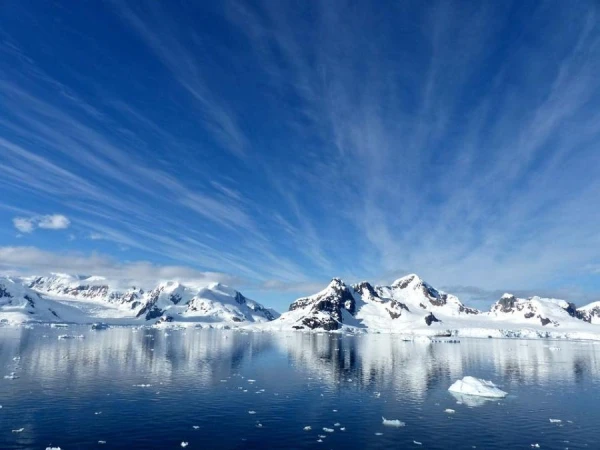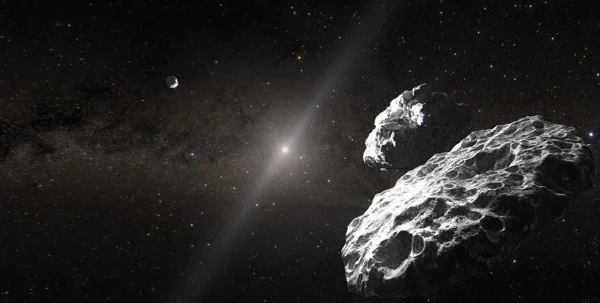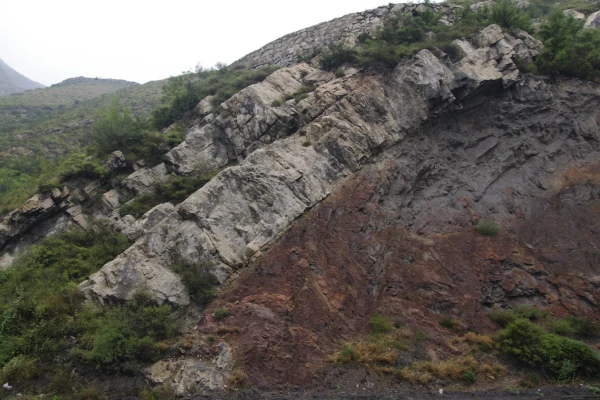
Researchers recorded the fastest decline of an Antarctic glacier — the rate of ice loss has raised alarm among scientists. The loss of the glacier also demonstrated how quickly ice loss can lead to rising sea levels, writes Focus.
According to a new large-scale study co-authored by researchers from Swansea University, a glacier on the eastern side of the Antarctic Peninsula has experienced the fastest ice retreat ever recorded in the modern era, writes SciTechDaily.
Unprecedented Glacier Retreat in Antarctica During the study, scientists observed that the Hector Glacier lost nearly half of its total length — about 8 kilometers of ice — in just two months of 2023. For comparison, this rate is comparable to the rapid retreat of glaciers at the end of the last Ice Age.
The new research showed that the glacier's retreat was likely accelerated by the underlying landscape. Notably, the Hector Glacier was situated on an ice plain — a flat area of bedrock located below sea level. After the retreat began, the glacier triggered rapid calving of large ice masses, initiating a chain reaction of collapse.
Scientists believe that the exceptional rates and scales of ice loss from Hector may help researchers identify other glaciers at risk. It is known that the Hector Glacier is relatively large by Antarctic standards, and its sudden retreat serves as a serious warning. In simple terms, scientists fear that if larger glaciers experience similar phenomena, it could have a significant impact on global sea level rise.
Glacier Retreat in Antarctica Raises Alarm According to co-author of the new study, Professor Adrian Luckman, glaciers typically do not retreat this quickly. While the circumstances may be somewhat unusual, scientists believe that this scale of ice loss indicates that something similar could happen in other regions of Antarctica, where glaciers are unstable and sea ice is losing its grip.
The authors of the study also note that the rates of retreat of the Hector Glacier and its neighbors are indeed unprecedented to date. During the study, scientists used satellite imagery and seismic data, which allowed them to closely track the glacier's collapse.
Researchers were able to identify several melting lines of Hector — points where the glacier transitions from being grounded on bedrock to floating on seawater. This is believed to indicate the presence of an ice plain, highlighting Hector's vulnerability to retreat under ocean influence.
Seismic instruments also recorded glacial earthquakes during the glacier's retreat, indicating that the ice was grounded, and its loss directly contributed to rising global sea levels.











